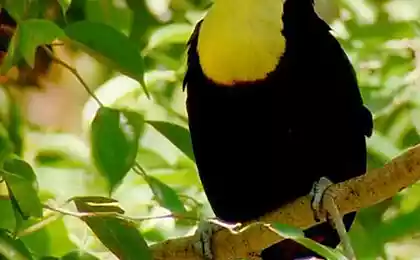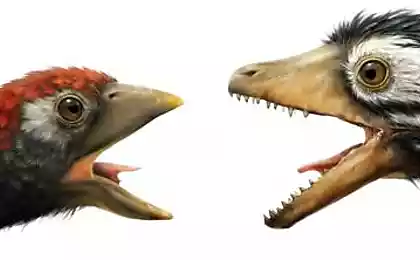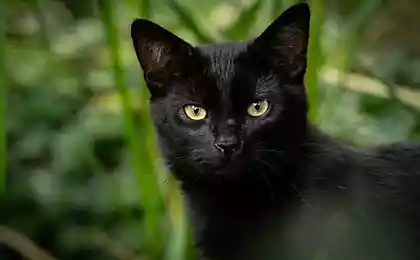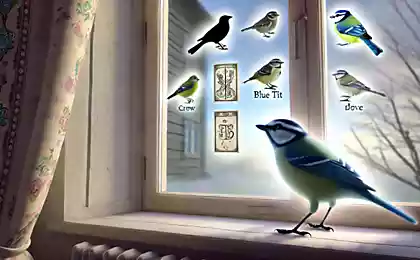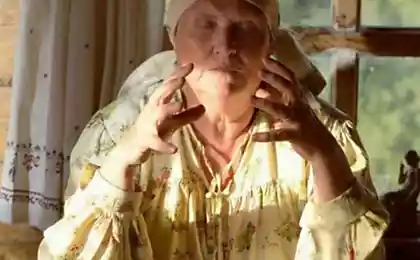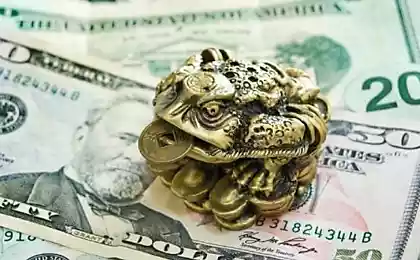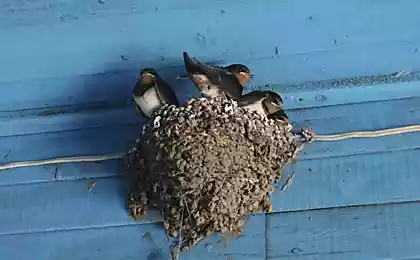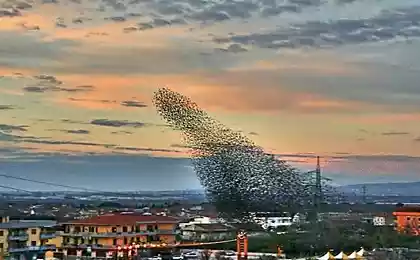271
What does it mean if a stork arrives, and what to expect in the near future
Storks are graceful birds, which for centuries have caused admiration and surprise, are the object of numerous beliefs and will be adopted in different cultures. For someone. The stork brings happinessAnd sometimes it's the opposite. In their image, they collected not only beauty and grace, but also many symbolic meanings that are intertwined with human fate, predict the weather and bring news from distant countries.
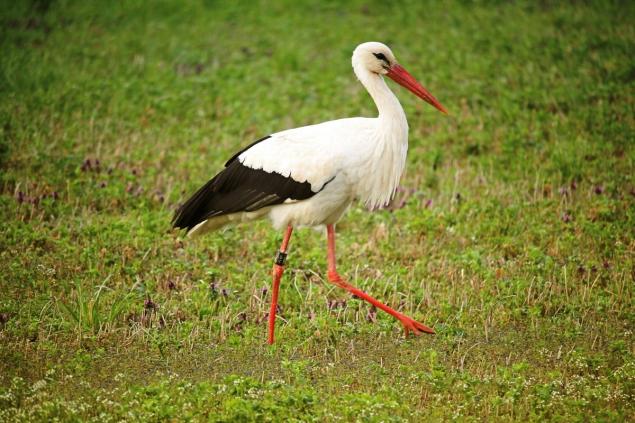
For centuries, people have admired the appearance of this beautiful and graceful bird. If you look at folk art objects, the images of the stork have always had a positive connotation, whether it is paintings, drawings on dishes, clothes or even mentions in fairy tales. Over time, some details began to change, but in general, these long-legged birds are still symbols of light and goodness. At least in our latitudes that is for sure.
First of all, storks are considered messengers of spring and new life. Their arrival is associated with the end of winter and the beginning of warm days. In the folk tradition of Europe, especially in the Slavic countries, the appearance of a stork at home portends good luck and prosperity for the place over which he chose his nest. It is said that if a stork has made its shelter on the roof of a residential building or near it, the residents of this house should expect addition to the family and general well-being.
Storks are also associated with fertility and childbirth. This sign is especially popular: the appearance of a stork is often associated with pregnancy in the family or the imminent birth of a new family member. In some cultures, it is believed that storks bring children taken from a holy source or even from heaven and carefully place them in the cradle with their parents. This wonderful legend is still alive in fairy tales and stories.

In addition to the symbolism of the beginning and renewal, storks can also predict the weather. For example, if storks stand with their backs to the wind during the rain, you can expect better weather. If they sit, stretching out their neck and staring into the distance, this can mean a quick change in the weather to a colder and rainier one.
Storks can also be a symbol of longevity and wisdom. In Japan, for example, the stork is a symbol of long life and happiness. There is a belief that the place where storks decide to stay will be protected from misfortune and misfortune.
Not all signs and beliefs associated with storks carry only a positive charge. In some cultures, it is believed that if the stork leaves the nest for a long time, it can portend misfortune or even death. If a stork accidentally falls into a fire or fireplace, it is also considered a bad sign.

Along with these beliefs, there are more amusing and everyday signs: for example, if a stork meets you on the way, it can mean an unexpected meeting that will soon occur in your life. It is also said that watching the flight of storks is a good way to predict the future: where the stork will go, change can be expected from there.
There are also several beliefs about what awaits a person if he does not live close to the stork nest, but often sees him flying nearby. For example, in villages and villages flying past a stork or even several birds promises a pleasant meeting with someone who has not seen for a long time. If the stork flew over the house and you noticed it - set the table and wait for guests. They'll be here soon.
If you see a bird on the road, it is worth thinking about things that should have been done a long time ago, but which all had no time to start. And in time selected the feather of a flying stork will serve as an excellent talisman that can protect from misfortune in a difficult moment.
For an unmarried girl, meeting with a stork promises a happy family life. And if she moves to a house near which storks live, she will have many children. Once grooms were considered very promising if these birds lived near their house. Embroidered image of storks on the dress of the girl, according to popular beliefs, helped her find the second half. At the same time, married women sewed or bought similar dresses for the sake of mutual understanding in the family.

However, making or keeping storks at home was considered a bad omen. People believed that they could provoke domestic scandals and quarrels within the family.
The African beliefs of storks and maraboos (these birds are related to each other) living in Africa are also surrounded by a variety of beliefs and omens, reflecting the cultural characteristics and interaction of man with nature on this continent. Here are some interesting African beliefs related to these birds.
Storks
Symbol of peace and prosperity: In some African cultures, storks are seen as messengers of peace and prosperity. The arrival of a stork in a village or settlement can be interpreted as a sign of future prosperity and harvest.
Defenders against evil spirits: In some regions, storks are seen as protectors against evil spirits and bearers of good news. Their presence near the home can be perceived as a protective barrier against negative energies.
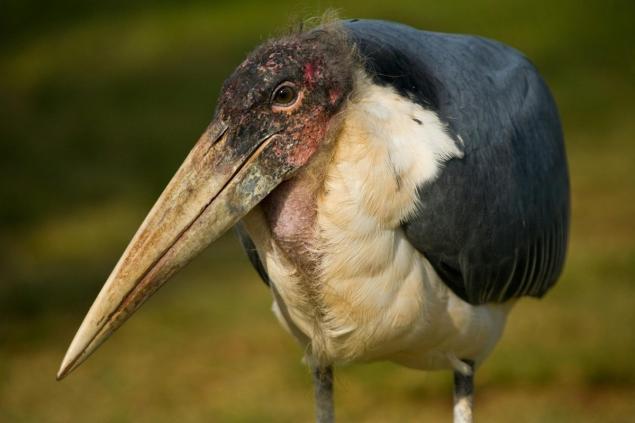
Mediators between heaven and earth: Storks, due to their ability to fly, are sometimes seen as a link between the earthly and heavenly worlds, making them important symbols in rituals and beliefs.
marabu
Symbols of cleansing and rebirth: Maraboos that feed on carrion are often associated with cleaning, as they destroy dead remnants and prevent the spread of disease. This makes them symbols of rebirth and a new beginning, despite their unpleasant appearance.
Due to its appearance and diet, marabu is sometimes associated with death and impurity. In some cultures, their appearance can be seen as a bad sign.
Messengers of the Gods: In other regions, the Marabu may be seen as messengers of gods or spirits, acting as mediators between man and higher powers, far from always bringing good news.
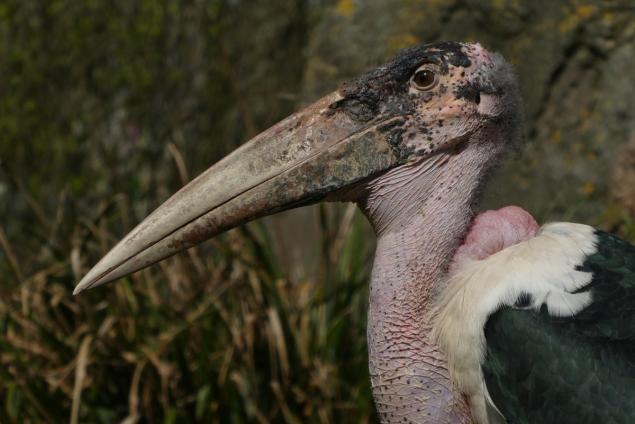
These beliefs and signs reflect the respect and fear that African peoples have for nature, seeing in its representatives not only biological species, but also carriers of spiritual power and symbols of culture.
Storks remain one of the most respected and mysterious birds in the world of folk beliefs and will take. Their appearance and behavior continue to inspire people to create new stories and superstitions, passing on traditions from generation to generation. In our information space, the stork is associated with light, good and positive energy. The African continent has its own beliefs and philosophy.

For centuries, people have admired the appearance of this beautiful and graceful bird. If you look at folk art objects, the images of the stork have always had a positive connotation, whether it is paintings, drawings on dishes, clothes or even mentions in fairy tales. Over time, some details began to change, but in general, these long-legged birds are still symbols of light and goodness. At least in our latitudes that is for sure.
First of all, storks are considered messengers of spring and new life. Their arrival is associated with the end of winter and the beginning of warm days. In the folk tradition of Europe, especially in the Slavic countries, the appearance of a stork at home portends good luck and prosperity for the place over which he chose his nest. It is said that if a stork has made its shelter on the roof of a residential building or near it, the residents of this house should expect addition to the family and general well-being.
Storks are also associated with fertility and childbirth. This sign is especially popular: the appearance of a stork is often associated with pregnancy in the family or the imminent birth of a new family member. In some cultures, it is believed that storks bring children taken from a holy source or even from heaven and carefully place them in the cradle with their parents. This wonderful legend is still alive in fairy tales and stories.

In addition to the symbolism of the beginning and renewal, storks can also predict the weather. For example, if storks stand with their backs to the wind during the rain, you can expect better weather. If they sit, stretching out their neck and staring into the distance, this can mean a quick change in the weather to a colder and rainier one.
Storks can also be a symbol of longevity and wisdom. In Japan, for example, the stork is a symbol of long life and happiness. There is a belief that the place where storks decide to stay will be protected from misfortune and misfortune.
Not all signs and beliefs associated with storks carry only a positive charge. In some cultures, it is believed that if the stork leaves the nest for a long time, it can portend misfortune or even death. If a stork accidentally falls into a fire or fireplace, it is also considered a bad sign.

Along with these beliefs, there are more amusing and everyday signs: for example, if a stork meets you on the way, it can mean an unexpected meeting that will soon occur in your life. It is also said that watching the flight of storks is a good way to predict the future: where the stork will go, change can be expected from there.
There are also several beliefs about what awaits a person if he does not live close to the stork nest, but often sees him flying nearby. For example, in villages and villages flying past a stork or even several birds promises a pleasant meeting with someone who has not seen for a long time. If the stork flew over the house and you noticed it - set the table and wait for guests. They'll be here soon.
If you see a bird on the road, it is worth thinking about things that should have been done a long time ago, but which all had no time to start. And in time selected the feather of a flying stork will serve as an excellent talisman that can protect from misfortune in a difficult moment.
For an unmarried girl, meeting with a stork promises a happy family life. And if she moves to a house near which storks live, she will have many children. Once grooms were considered very promising if these birds lived near their house. Embroidered image of storks on the dress of the girl, according to popular beliefs, helped her find the second half. At the same time, married women sewed or bought similar dresses for the sake of mutual understanding in the family.

However, making or keeping storks at home was considered a bad omen. People believed that they could provoke domestic scandals and quarrels within the family.
The African beliefs of storks and maraboos (these birds are related to each other) living in Africa are also surrounded by a variety of beliefs and omens, reflecting the cultural characteristics and interaction of man with nature on this continent. Here are some interesting African beliefs related to these birds.
Storks
Symbol of peace and prosperity: In some African cultures, storks are seen as messengers of peace and prosperity. The arrival of a stork in a village or settlement can be interpreted as a sign of future prosperity and harvest.
Defenders against evil spirits: In some regions, storks are seen as protectors against evil spirits and bearers of good news. Their presence near the home can be perceived as a protective barrier against negative energies.

Mediators between heaven and earth: Storks, due to their ability to fly, are sometimes seen as a link between the earthly and heavenly worlds, making them important symbols in rituals and beliefs.
marabu
Symbols of cleansing and rebirth: Maraboos that feed on carrion are often associated with cleaning, as they destroy dead remnants and prevent the spread of disease. This makes them symbols of rebirth and a new beginning, despite their unpleasant appearance.
Due to its appearance and diet, marabu is sometimes associated with death and impurity. In some cultures, their appearance can be seen as a bad sign.
Messengers of the Gods: In other regions, the Marabu may be seen as messengers of gods or spirits, acting as mediators between man and higher powers, far from always bringing good news.

These beliefs and signs reflect the respect and fear that African peoples have for nature, seeing in its representatives not only biological species, but also carriers of spiritual power and symbols of culture.
Storks remain one of the most respected and mysterious birds in the world of folk beliefs and will take. Their appearance and behavior continue to inspire people to create new stories and superstitions, passing on traditions from generation to generation. In our information space, the stork is associated with light, good and positive energy. The African continent has its own beliefs and philosophy.
Why you can not sleep head or feet towards the window and what it can lead to
Stop wearing blouses that color if you don't want to turn from a flowering lady into an old woman.

